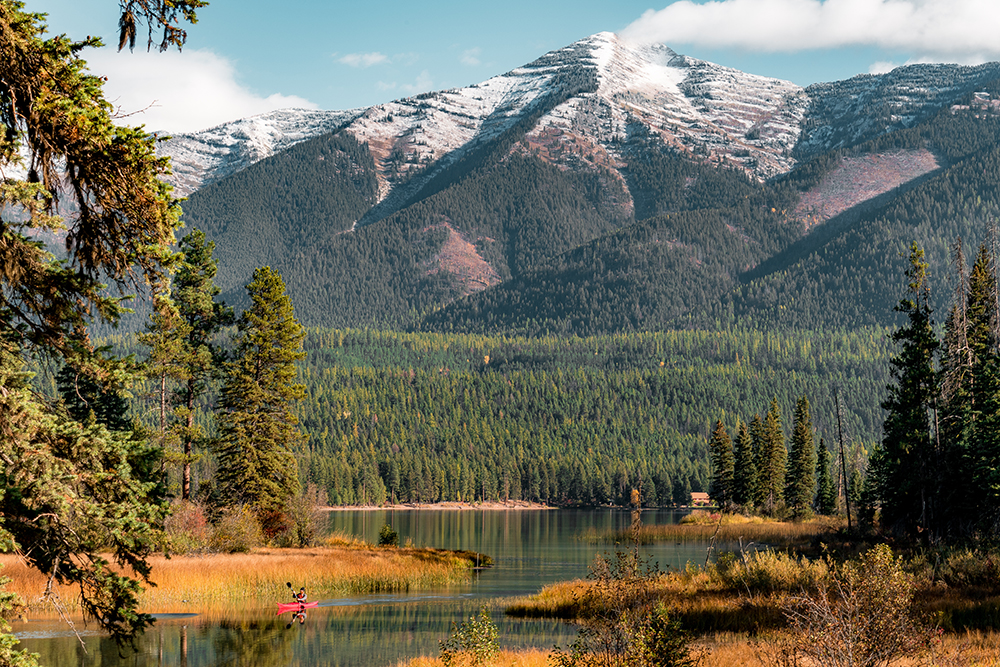
I posted this story on the Primal Quest website earlier, but thought it might be of interest here as well.
America is home to some of the most amazing environments on the planet. The country is blessed with abundant and diverse natural resources from coast to coast, but the environments in the Northern Rockies, the location of this year’s Primal Quest, stand out as some of the most unique and wonderful settings anywhere on the planet.
Those settings include places such as Glacier National Park, Selway-Bitterroot Wilderness, Yellowstone, and more. Individually, these places are incredible examples of nearly untouched backcountry but together they make up a vast ecosystem that supports an array of wildlife and natural functions that depend on their interconnectivity to continue to thrive.
That’s where American WIldlands comes into play. It’s an organization dedicated to maintaining this ecosystem by insuring that these “wildlands” remain connected to on another, creating an environment that is large enough, and healthy enough, to support the creatures that live there, and keep the natural processes functioning so that species such as bear, elk, wolves, and others can continue to thrive.
Headquartered in Bozeman and Missoula, Montana, American Wildlands shares a common goal with Primal Quest to protect the environment and promote a positive environmental message. Through their Corridors of Life program the organization hopes to keep the core environments of the Northern Rockies connect through a series of wildlife movement corridors that allow the creatures indigenous to the area to roam an ecosystem that is bigger than the sum of it’s parts.
American Wildlands works on a grassroots level within the region it has sworn to protect. It’s members donate time and money to this very worth cause, and their efforts over the past 30 years have had a real, and lasting impact on environments in Montana, Idaho, Wyoming, and beyond.
Please take a moment to look over their website, where you’ll find a natural history on the region, more information on the Corridors of LIfe and other programs, and ways that you can get involved and support this very important program.
- Gear Review: The Xero Scrambler Mid is an Ultralight Hiking Shoe for Spring - March 1, 2023
- Gear Review: Yeti Roadie 48 Wheeled Cooler - August 18, 2022
- Kristin Harila Continues Pursuit of 8000-Meter Speed Record - August 16, 2022

Comments are closed.